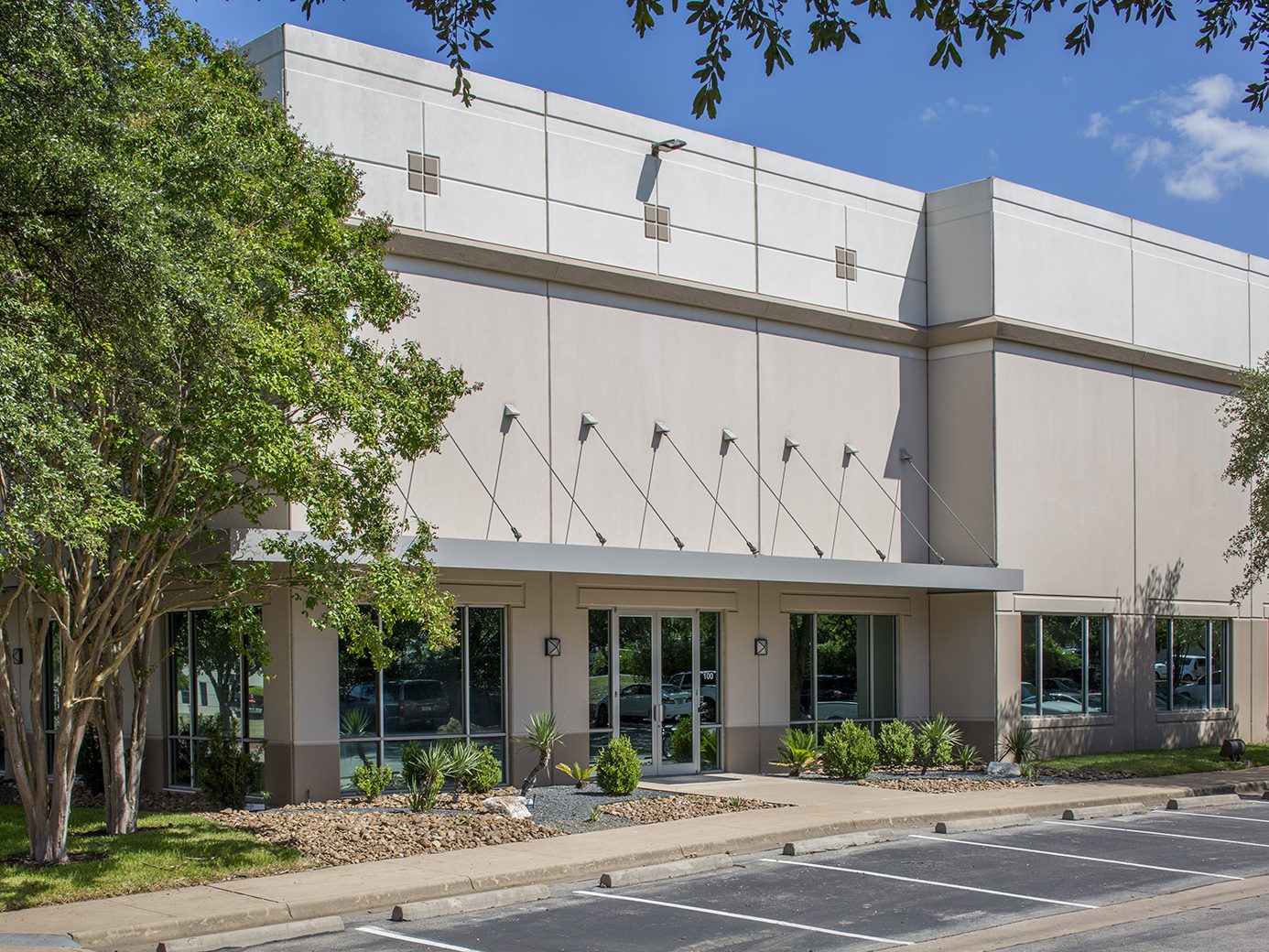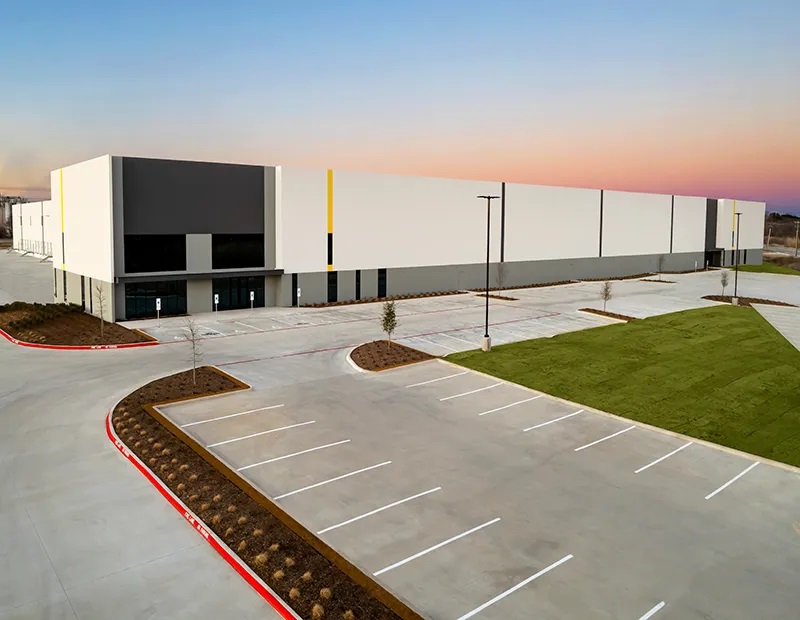Now Is the Time to Lock In Competitive Terms: Q&A
Tauro Capital Advisors’ Stephen Stein on why the moment is right for investors to act.
As the low interest rate environment continues to fuel deal velocity, capital markets’ strong performance is underpinned by ample capital sources while commercial real estate valuations exceed pre-pandemic levels.
“Now is a good time for investors to lock in historically low rates or refinance existing maturing loans,” Stephen Stein, managing partner with Tauro Capital Advisors, remarked.
As commercial real estate bank loans mount a comeback, the financial intermediary even expanded its advisory platform in 2021 to serve banks and financial institutions. In the discussion below, Stein shares why 2021 is a strong year for lending and why he anticipates the streak to persist.
From an intermediary’s perspective, how has deal volume shifted this year compared to 2020?
Stein: Deal volume has continued to steadily increase. At the start of the pandemic, there was some uncertainty in the market. We saw some lenders become more conservative in their underwriting and some investors sitting on the sidelines.
That said, we have seen this shift over the course of last year. Many lenders have strong appetites for deals and capital allocations. Investors have also become increasingly bullish and are chasing deals.
What is your take on the health of the real estate capital markets at this stage?
Stein: The health of the capital markets remains strong. There continues to be ample capital sources available to meet investor needs.
CRE valuations have surpassed their pre-pandemic rates and interest rates remain low. This is very attractive for investors, and we anticipate rates will remain low for the foreseeable future. Now is a good time for investors to lock in historically low rates or refinance existing maturing loans.
Restrictions on loan-to-value are also beginning to relax in the multifamily sector, and competition among lenders is increasing. All of these factors are positive for the capital markets.
What are the main capital market trends you’re seeing right now? What are lenders and borrowers prioritizing?

(Left to right) Stephen Stein and D. Scott Lee, Co-Founders & Managing Partners, Tauro Capital Advisors. Image courtesy of Tauro Capital Advisors
Stein: There certainly were sectors that were hit harder by the pandemic than others. Multifamily and industrial continued to thrive and are appealing to capital providers. Retail and hospitality, for instance, were impacted the most. That said, retail has continued to reinvent itself and capital providers recognize opportunity in this.
For example, with the rise in e-commerce, retail pivoted and focused more on experiences and experiential retail. It is likely that we will see a similar renaissance in the retail sector again now. While some capital providers are being more conservative when it comes to retail, others see the value and its ability to continue to reinvent itself. The same can be said for the hospitality sector.
When it comes to construction financing, have you noticed any specific factors lenders and borrowers take into consideration more in the current economic context?
Stein: Lenders are placing a significant emphasis on the sponsor’s track record and history. Rather than simply looking at the project itself, they are carefully evaluating the sponsor’s experience and their balance sheet.
Are there certain types of transactions you’ve decided to focus more on?
Stein: We focus on all asset classes and product types. We are able to source both debt and equity for multifamily, industrial, office, retail and hospitality, as well as niche product types such as ghost kitchens.
We have seen steady activity in single-tenant triple-net-lease deals and increasing activity in ghost kitchens. NNN deals are attractive to investors as these tend to provide more stability and perform despite market uncertainty.
The trend towards more food delivery and convenience was accelerated by the pandemic, driving an increased need for ghost kitchens. Restaurants are increasingly looking for space to simply serve delivery orders separate from onsite visitors. We anticipate deal volume to continue to grow in each of these spaces.
READ ALSO: CRE Lending Markets Continue Recovery: CBRE
What are your predictions for the coming quarters and the historically low interest rate environment?
Stein: Our outlook on the commercial real estate market and the capital markets is positive. The Fed has been proactive in keeping interest rates low and other measures of support such as the Cares Act to maintain liquidity. We anticipate that interest rates will remain low for the remainder of the year and into 2022.
Additionally, the low interest rate environment is attractive for investors looking to refinance. Many deals underwritten several years ago with much higher interest rates are starting to mature. In the current environment, sponsors are able to take advantage of these historically low rates to restructure their financing for long-term success.
Please tell us how 2021 has shaped up so far for Tauro Capital Advisors.
Stein: 2021 has been a year of growth. Our firm has continued to expand throughout the pandemic. In fact, over the last three years, we have more than doubled in size and are anticipated to double in size again by the end of 2022. When my partner Scott Lee and I started Tauro, we couldn’t have anticipated how fast we would grow and the future success of the firm.
All our advisors have access to our proprietary database, Brahma, which instantly connects advisors with thousands of debt and equity sources across the U.S. This provides real-time information about who is lending or investing on each product type in each geographic market, and precisely what we need to present to get deals over the finish line.
Additionally, every week, up to three capital sources—including both debt and equity—present to our entire team in the company’s Tuesday pipeline meeting. These presentations are detailed and lay out the capital providers’ specific qualifying needs.
We also expanded our advisory platform in 2021 to serve banks and financial institutions. As part of this expansion, we hired Karen Stager as senior director, Advisory Fee Services, to lead our advisory services activities to capital providers. This platform will allow us to guide these entities as they expand into real estate, providing specific market, product or analytical information.
READ ALSO: CRE Investment Surges Despite Pandemic’s Persistence
Going forward, what are some of the challenges expected to shape capital markets?
Stein: While the economy is restoring, and we are moving towards a post-pandemic environment, there is still a great deal of uncertainty. The right financing and capital stack can make or break a deal. This is especially true in turbulent times as hidden loan covenants and other tripwires can be devastating to a sponsor.
This is why it is important to work with financial intermediaries. They are working with capital providers day in and day out and understand where their pressure points are, which allows them to structure financing that meets investors’ or developers’ needs.







You must be logged in to post a comment.